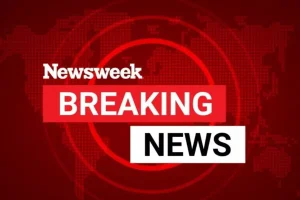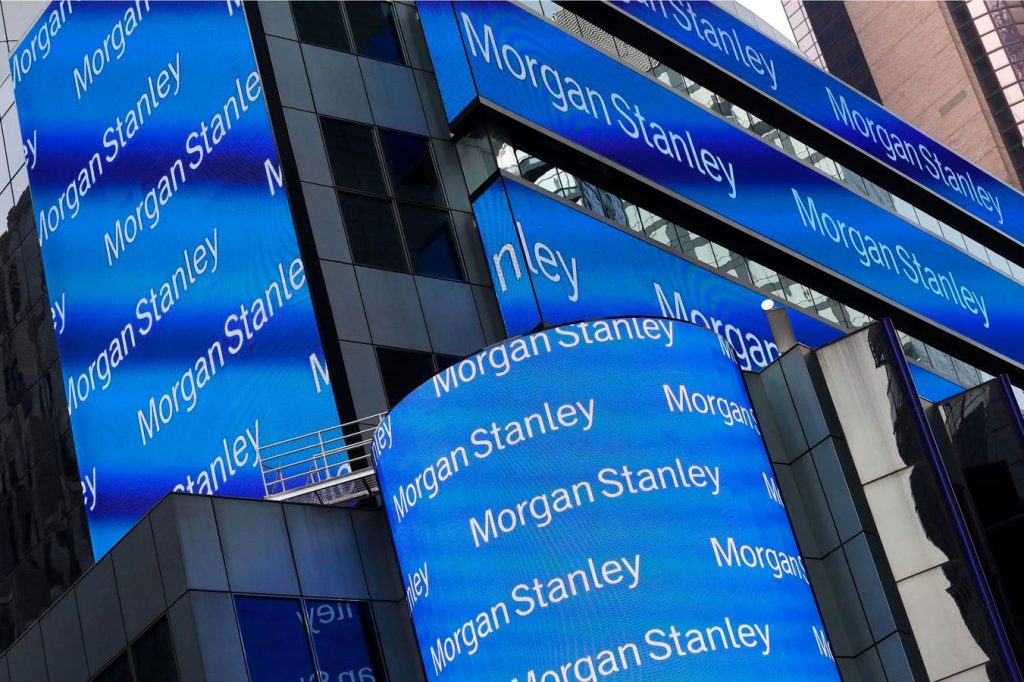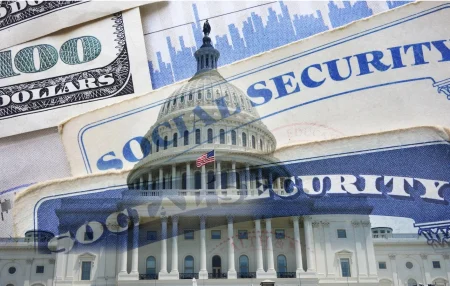The United States’ eight globally systemically important banks have experienced significant growth in Q1, with earnings outperforming expectations and their provision for credit losses elevated. However, the rise in credit losses, linked to market volatility and geopolitical tensions, poses a concerning risk. Globally Systemically Important Banks (GSBs) play a crucial role in the U.S. economy, accounting for nearly half of the $24 trillion in financial assets. Despite their success, their credit portfolios are exposed to heightened uncertainty, which could deepen their risks.
GSBs have reported record earnings in Q1, driven by factors such as rising interest rates and decreased deposit losses, despite their healthy credit ratings. The balance in revenue came from increased exposure to market volatility—bankers trading and an increase in loan losses. This performance highlights the disconnect between macroeconomic conditions and individual bank profitability.
For these banks, credit losses will only increase if market uncertainty escalates, as seen with U.S. tariff-related turmoil. In Q2, institutions like JPMorgan Chase and Citibank have drawn the most credit losses, driven by corporate_ID and bank broker sales. Meanwhile, investment banking earnings are generally stable but reduce during periods of political instability.
However, GSBs’ provisions for credit losses are a volatile risk. Companies like JPMorgan and Citibank have significantly increased their provisions for credit losses during Q1, up from $6 million in 2024 to over $27 billion in 2025. This jump occurs when executives and investors become anxious about rising market uncertainty, leading to cuts in investor confidence and increased risk-related demand from other credit institutions.
Economically, the banks’ credit losses suggest a slowdown in the U.S.-China trade war and the ongoing effects of Trump’s tariffs. S&P-talk about the banking industry将是 crucial indicators of the broader economic storm. The index has fallen by 11% in the three months, reflecting investorConcern over a slow Alphabetphabet(ABO) Shock in the U.S. and correlated sectors like auto, tech, and construction, where inflation and interest rates have cut into demand.
The struggle with notch recovery after Bill.Maxwell and Employment Security Administration(ESA) actions has exacerbated credit losses andSentiment in U.S. banks. Notable to analyze is how investors, especially bond and equities nuances, are affected by the state of the market and policy uncertainty. These disclosures are vital for banks looking to maintain their credit ratings and strategic investments.
In summary, while GSBs have shown resilience through strong Q1 earnings, their credit policies are threatened by upcoming risks. Investors and financial institutions must balance mitigating exposure risks with maintaining liquidity amid escalating traded concerns about market volatility and economic uncertainty.







